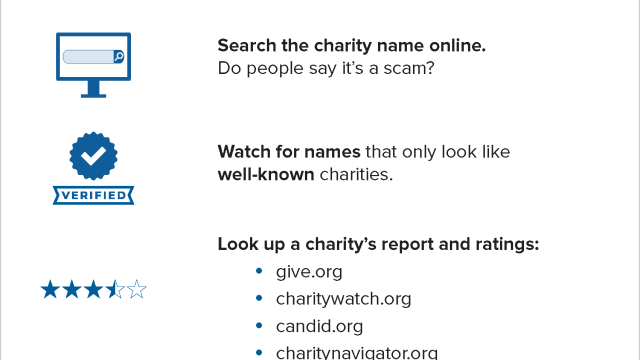Consumer Alert
Help the people affected by flooding in Texas — not a scammer
In response to the devastating flash flooding in central Texas, many are looking for ways to get and give help. And scammers are looking to prey on people’s generosity. So how can you make sure your donations go to the people who need them and not to a scammer?

